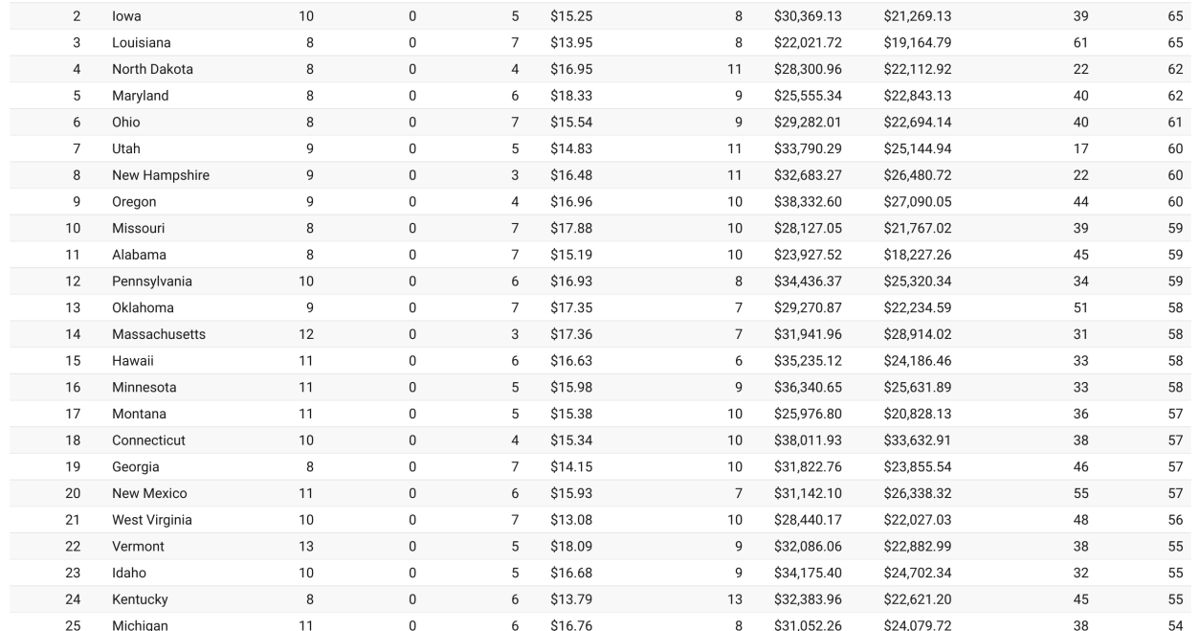
Starting a family is a significant life event that brings both joy and challenges, particularly in light of the financial implications associated with raising a child. A recent study undertaken by Manhattan Mental Health Counseling sheds light on the disparities in costs and healthcare access that new parents face across various states in the United States. This research is essential for potential parents seeking to understand how their location may influence the financial realities and overall experience of parenthood.
The study thoroughly examined a wide range of factors, including maternal and infant health statistics, childcare affordability, and the costs associated with childbirth. In doing so, it provides valuable insights into which states offer optimal conditions for new parents and those that pose considerable obstacles.
Among the key findings is the stark contrast in healthcare accessibility and costs from state to state. For instance, states with robust healthcare systems and affordable childcare options, such as Massachusetts and California, tend to rank higher in terms of support for new parents. These states often feature comprehensive maternal healthcare services, including prenatal and postnatal care, which are crucial for the well-being of both mothers and infants. Additionally, accessibility to affordable childcare services is a significant consideration, as it allows parents to return to work while ensuring their children receive proper care.
Conversely, the study highlighted states that present challenges, such as high healthcare costs and a lack of available childcare resources. In some regions, parents face exorbitant expenses that can strain their financial resources, leading to stress and anxiety during an already demanding time. The analysis suggests that these economic pressures can disproportionately affect low-income families, underscoring the importance of policymakers addressing affordability and access to care.
In conclusion, as families navigate the exciting yet challenging journey of parenthood, understanding the financial landscape is vital. The findings of this study serve as a resource for prospective parents, enabling them to make informed decisions based on their specific circumstances and locations. By raising awareness of the disparities in costs and healthcare accessibility, the study aims to provoke discussions surrounding family policies and potential reforms that could support new parents across the country. Ultimately, creating a conducive environment for families to thrive is essential for fostering healthier communities and ensuring the well-being of future generations.

